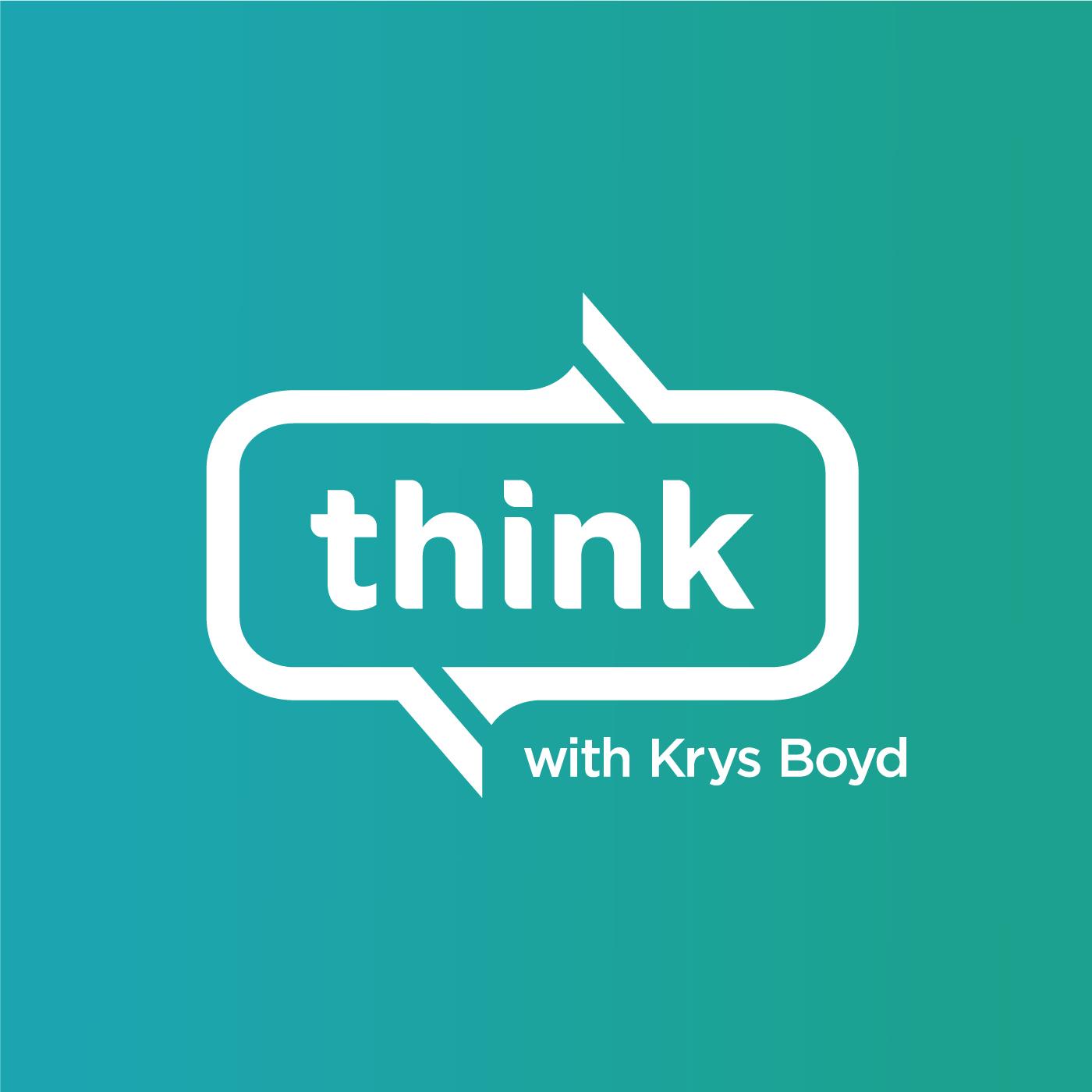
Think from KERA
KERAThink from KERA
Think is a daily, topic-driven interview and call-in program hosted by Krys Boyd covering a wide variety of topics ranging from history, politics, current events, science, technology and emerging trends to food and wine, travel, adventure, and entertainment.
071003
Think is a daily, topic-driven interview and call-in program hosted by Krys Boyd covering a wide variety of topics ranging from history, politics, current events, science, technology and emerging trends to food and wine, travel, adventure, and entertainment.
071003

Karen Weise joins host Krys Boyd to discuss how data centers are driving up electricity costs for everyone.

Physician and contributing writer at The New Yorker Dhruv Khullar joins host Krys Boyd to discuss the use of A.I. in medicine.

Enter A.I. Drew Harwell is a technology reporter for The Washington Post, and he joins host Krys Boyd to discuss the rise of obituary-writing artificial intelligence, how funeral homes are eager to embrace it.

Clay Shirky, vice provost for A.I. and technology in education at New York University, joins host Krys Boyd to discuss how professors are using A.I. in the classroom and whether or not the technology gets in the way of critical thinking.

Nate Soares joins host Krys Boyd to discuss what happens when A.I. brain power surpasses what humans are capable of.

Mehrsa Baradaran discusses the history of the wealth gap and why politics keep that gap alive for Black Americans.

Michael Shermer discusses misinformation and why it’s essential we reject the idea that nothing can be verified as truth.

Ben Fritz, entertainment industry reporter for The Wall Street Journal, gets into why hyper-individualized content is coming at the expense of culture.

Homeschooled: A Memoir Author Stefan Merrill Block discusses why his mother thought public school would kill his creativity and how he thinks of homeschooling today.

Duncan Hosie discusses how the Supreme Court is stripping Congress of its influence.

Michael O’Hanlon, Philip H. Knight Chair in Defense and Strategy at the Brookings Institution, joins guest host John McCaa to discuss the evolution of how the nation approaches defense – from fledgling republic to global superpower.

Jim Rutenberg, writer at large for The New York Times Magazine, discusses the role of the FCC during President Trump’s time in office.

Oona A. Hathaway, the president-elect of the American Society of International Law discusses why a golden age of treaties seems to be tarnishing.

Molly Hennessy-Fiske, national reporter for The Washington Post, joins host Krys Boyd to discuss how the killing of Renée Good has put new focus on the tactics protestors use and what legal experts say about possible charges.

Journalist and author Stefan Fatsis discusses how A.I. is changing the traditional dictionary and why dictionaries are more complicated than you might think.

Writer Amanda Fortini joins host Krys Boyd to discuss why the last generation with an analog childhood is finally in the limelight.

Helen Lewis, staff writer at The Atlantic, joins host Krys Boyd to discuss Newsom’s positioning as a leading candidate to run for president in 2028.

Joshua Keating, a senior foreign policy correspondent at Vox, joins host Krys Boyd to discuss why Trump believes the U.S. has a right to intervene in global affairs across the Western hemisphere.

Dr. Charles Knowles, professor of surgery at Queen Mary University of London, joins host Krys Boyd to discuss the science of addiction and his own problem drinking.

Author Chuck Klosterman joins guest host Paige Phelps to discuss all things football.

Paul Stares is General John W. Vessey Senior Fellow for Conflict Prevention and director of the Center for Preventive Action, Council on Foreign Relations (CFR). He joins host Krys Boyd to discuss CFR’s annual conflict risk assessment survey.

Will Freeman is a fellow for Latin America studies at the Council on Foreign Relations. He joins host Krys Boyd to discuss Nicolás Maduro’s removal and the United States’ new bid for dominance in Latin America.

Daniel M. Davis is head of life sciences and professor of immunology at Imperial College London. He joins host Krys Boyd to discuss the facts vs. myths of keeping your immune system healthy.

Chris Duffy is a comedian and host of TED’s podcast “How to Be a Better Human,” and he joins host Krys Boyd to discuss the link between humor and innovation.

Avantika Chilkoti, Global Business Correspondent for The Economist, joins host Krys Boyd to discuss how A.I. is affecting the pornography industry.

David Greene, journalist, author and former host of NPR’s Morning Edition, joins host Krys Boyd to discuss his dive into people’s personal obsessions.

Binary thinking is black or white, on or off, good or bad – and our modern world requires a more nuanced approach. New York Times opinion columnist Thomas L. Friedman

Marina Bolotnikova, Deputy Editor for Vox’s Future Perfect, joins host Krys Boyd to discuss how scientists are coming to the conclusion that fish feel pain.

New Yorker staff writer Rivka Galchen joins host Krys Boyd to discuss geothermal energy, which pulls energy from the ground.

Steve Ramirez, neuroscientist and associate professor of psychological and brain sciences at Boston University, joins host Krys Boyd to discuss how certain memories might be edited with pulses of light and what this means for people dealing with life-altering trauma.

Rutger Bregman, historian and co-founder of The School for Moral Ambition, joins host Krys Boyd to discuss why so many people feel like their jobs don’t make a difference in the world.
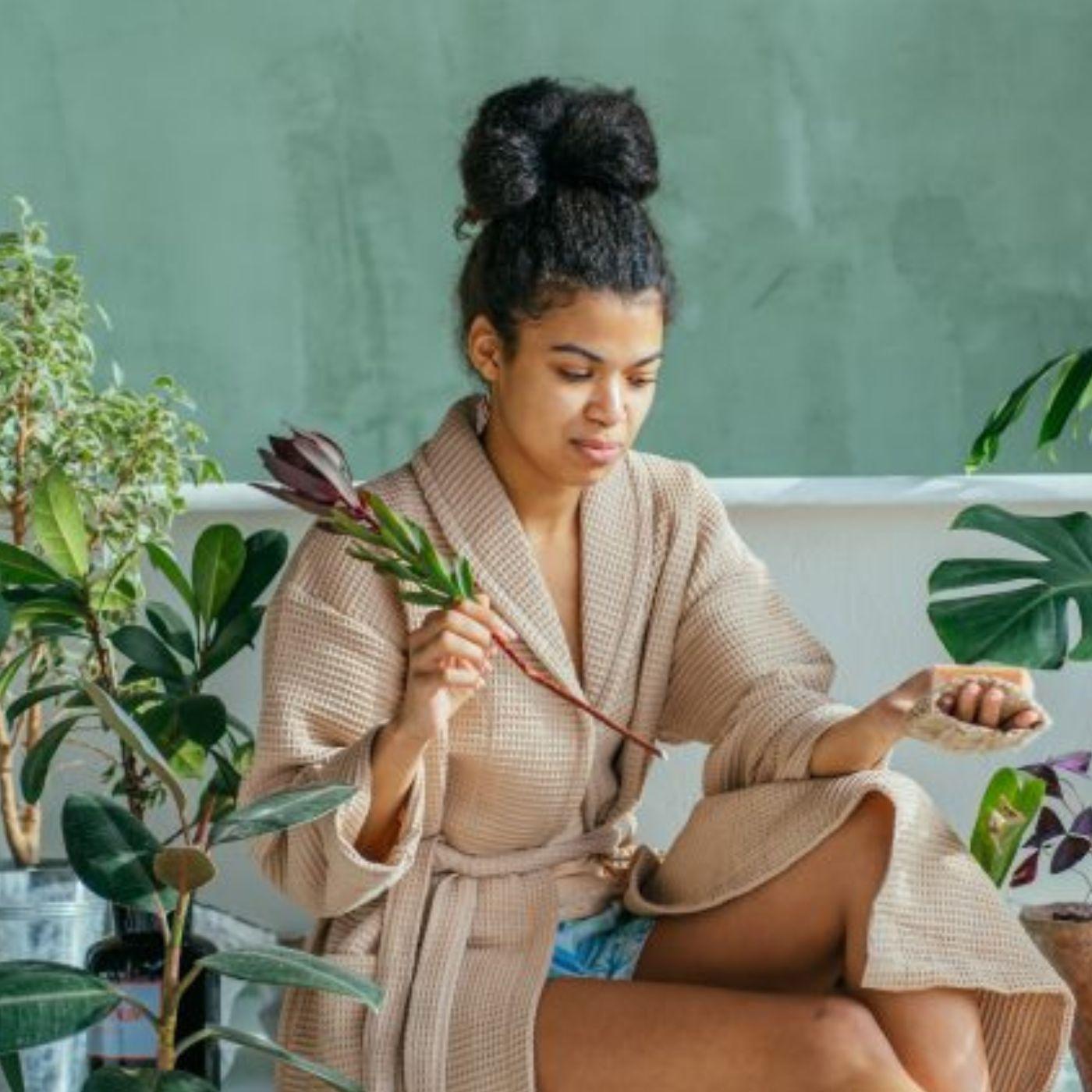
Lindsey Stewart joins host Krys Boyd to discuss the medicine that stemmed from African traditions that was often more trusted than white doctors’ advice, how this magic was passed down through generations, and how it endures today.

John Kounios is professor in the Department of Psychological and Brain Sciences and director of the Creativity Research Lab at Drexel University. He joins host Krys Boyd to discuss what scientists understand about how the brain solves problems – and how we might tap into this phenomenon more often.
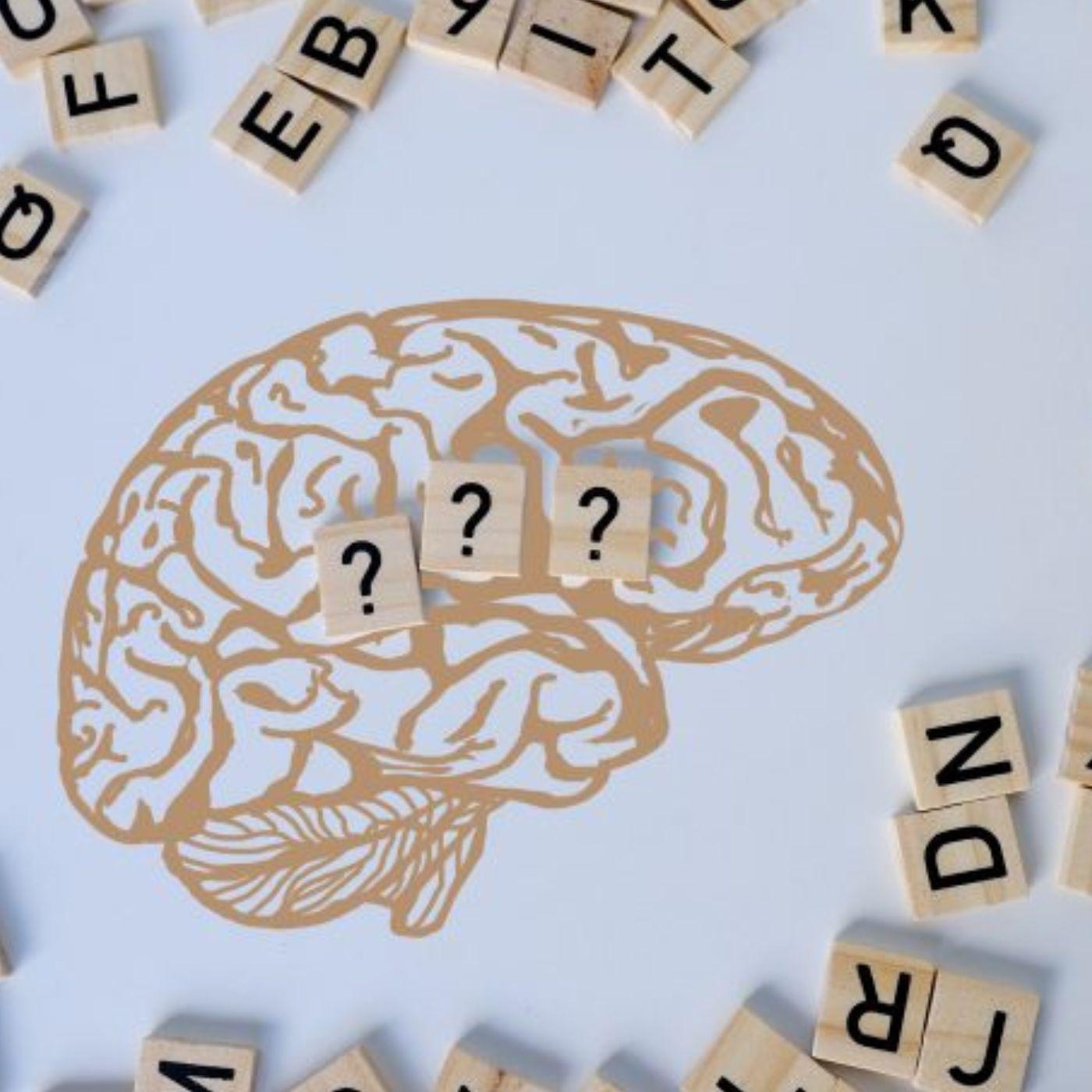
Martha Barnette, co-host of the popular radio show and podcast “A Way with Words,” joins host Krys Boyd to discuss her love of language and all the myriad ways words bring us joy.

Helen Lewis is a staff writer at The Atlantic and host of the BBC podcast series “The New Gurus” and “Helen Lewis Has Left the Chat”. She joins host Krys Boyd to discuss why the very idea of “genius” is a social construct.
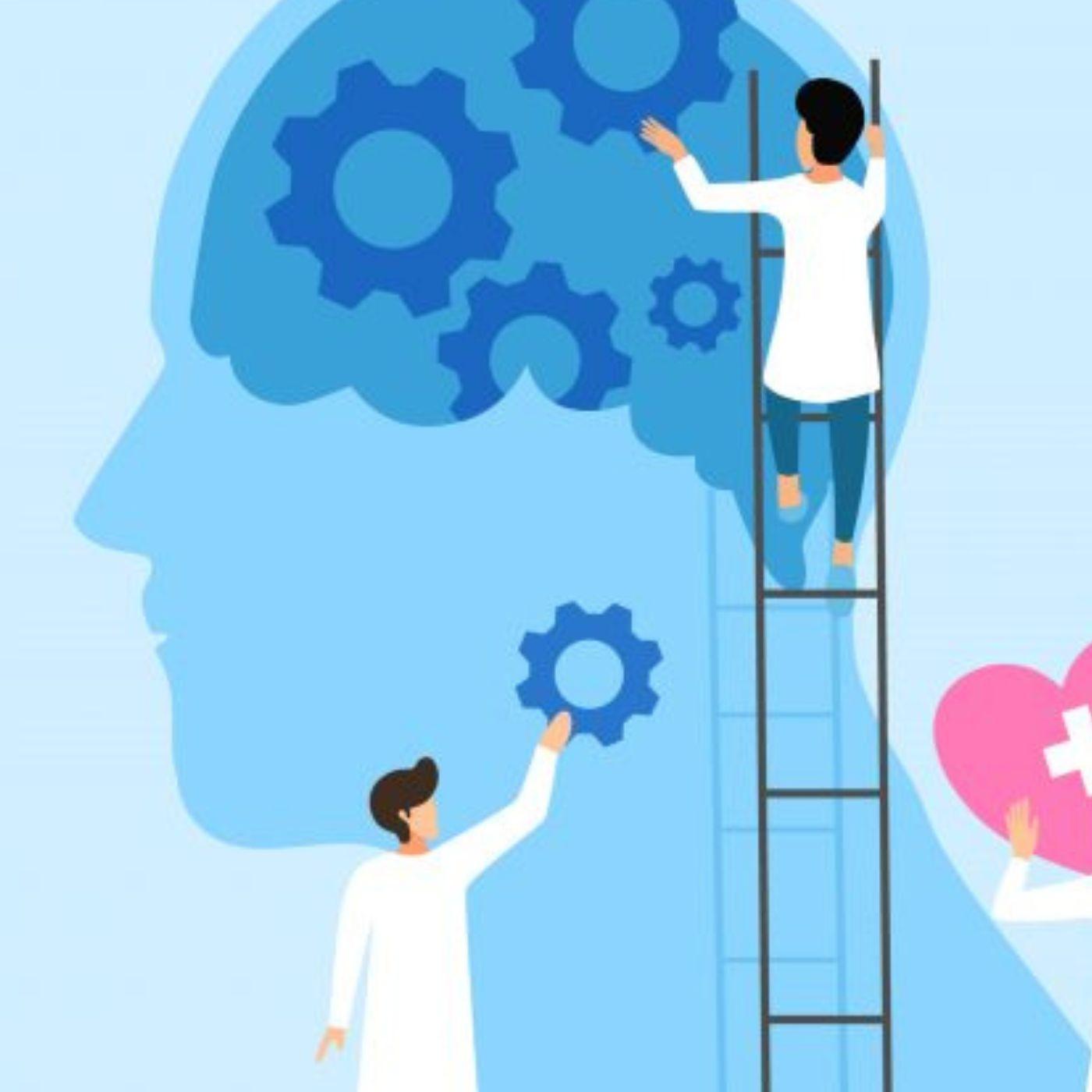
This hour, host Krys Boyd is joined by three guests who will explain how we can regain our ability to focus and tame our overactive minds – plus we’ll learn all about the growing research into the many ways listening to music benefits our brains.

Journalist and “The Great British Bakeoff” finalist Ruby Tandoh joins why everyone is a “foodie” now.

Arthur C. Brooks, a Harvard Professor and columnist at The Atlantic, joins host Krys Boyd to discuss a compendium of his columns about the pursuit of happiness.
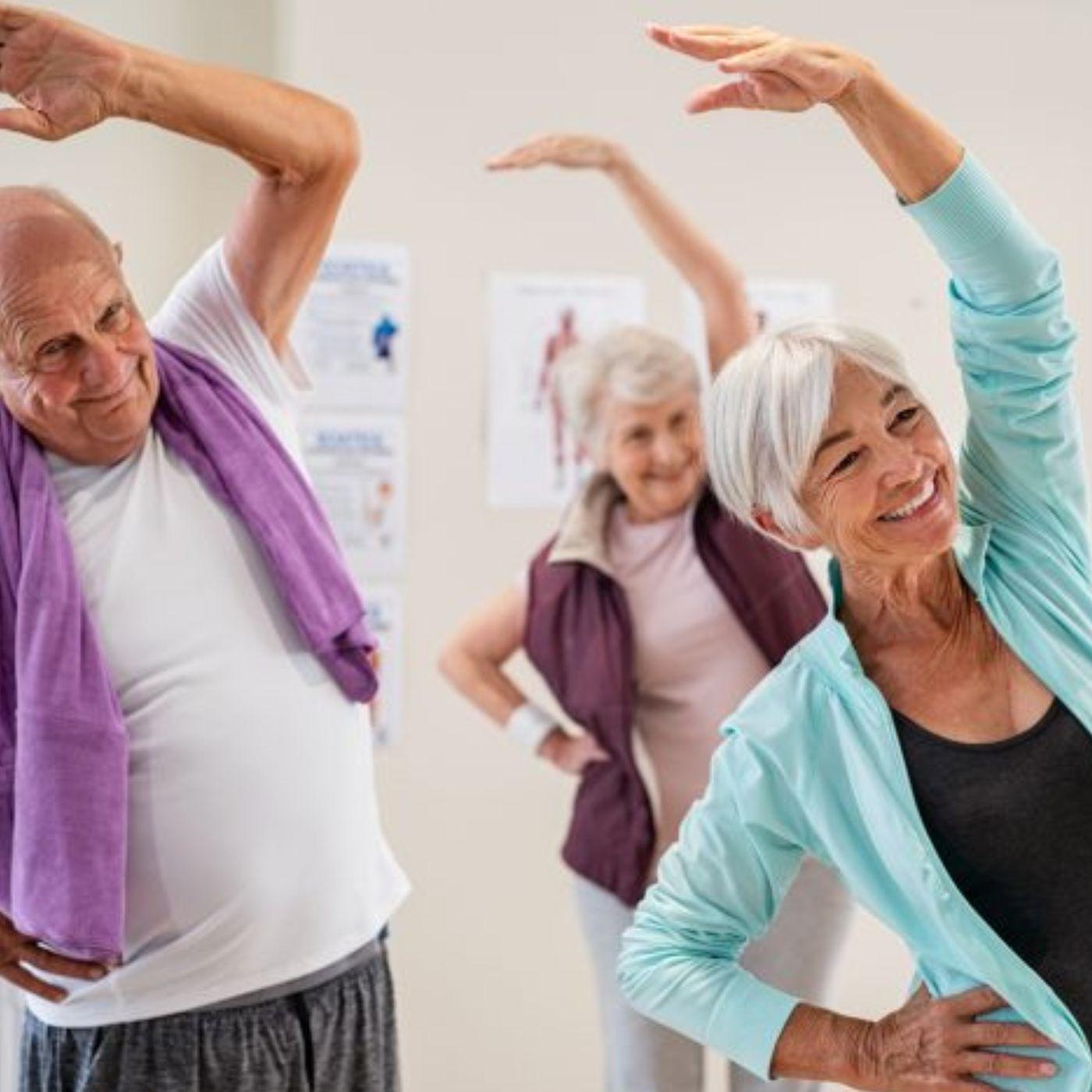
Dr. Eric Topol is executive vice president and a professor of molecular medicine at Scripps Research and he joins host Krys Boyd to discuss the study of what he calls the “wellderly” – those people who age to 80 without chronic disease.
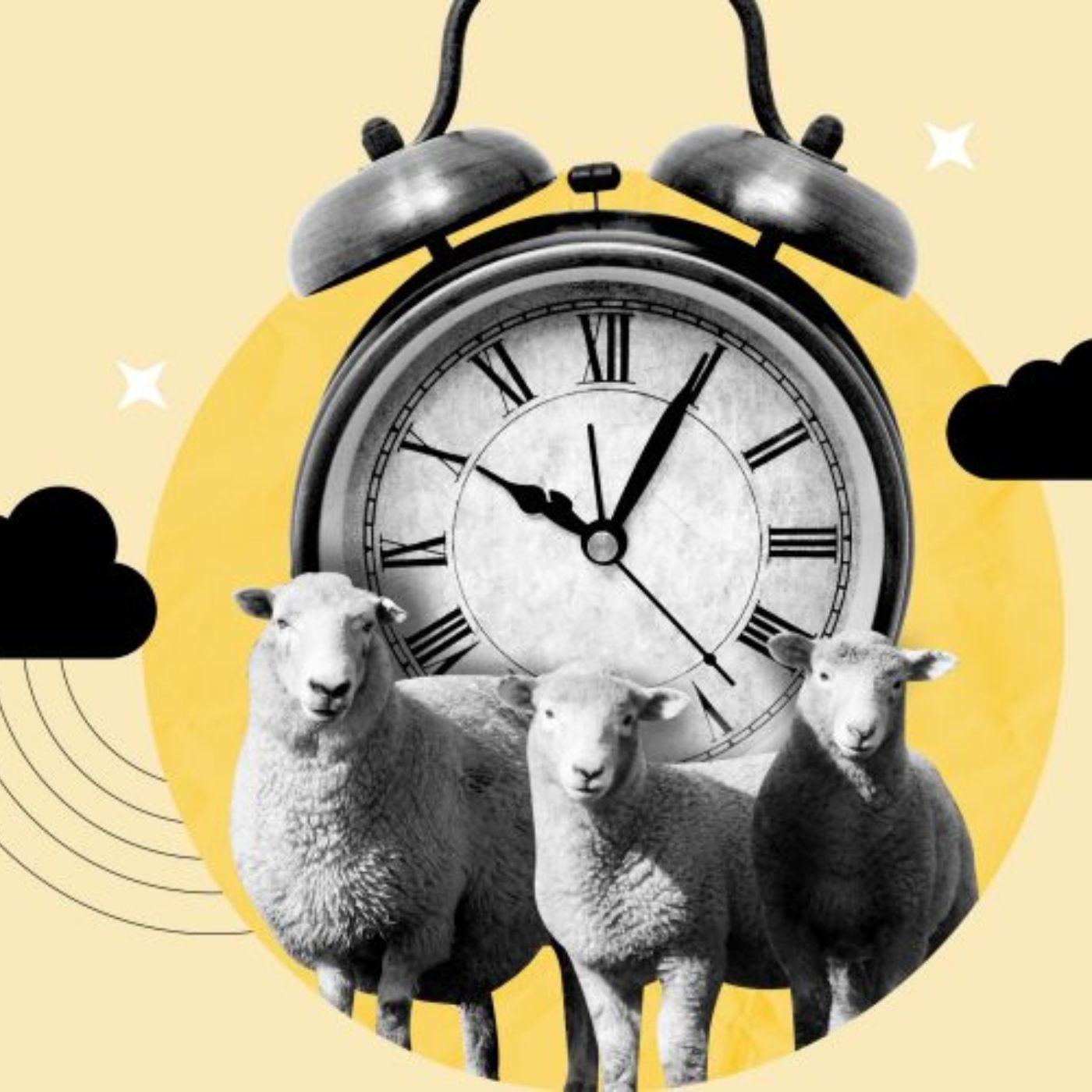
Jennifer Senior, staff writer at The Atlantic, joins host Krys Boyd to discuss sleep anxiety, why we find it so hard to get a good night’s rest, and why hunting for the best how-to articles on the topic might be making things worse.

Sophie Gilbert joins host Krys Boyd to discuss what coming of age in the early aughts meant for young women in an atmosphere of highly sexualized body image, how porn manifested itself into pop culture, and what society had to say about powerful women.

Adam Grant, an organizational psychologist at the Wharton School, joins host Krys Boyd to discuss strategies for Average Joe’s to excel.

Joshua Rothman, a staff writer for The New Yorker, joins host Krys Boyd to discuss what happens when we rely on A.I. for culture.

Cynthia Miller-Idriss joins host Krys Boyd to discuss why we need to confront misogyny head on to prevent future acts of violence, and why attackers so often blame women for their hateful beliefs.

Gilbert Cruz, NYT Book Review editor, joins host Krys Boyd to talk about the best five fiction and five nonfiction selections to earn the title this year.

New Yorker staff writer Larissa MacFarquhar joins guest host Courtney Collins to discuss a condition that makes it impossible for people to put their thoughts into mental images.

Michelle Carr joins guest host Courtney Collins to discuss how we can take control of our dreams.

Journalist Caleb Gayle joins guest host John McCaa to tell the story of Edward McCabe, who made it his life’s work to set up a Black state in Oklahoma.

Emma Ashford is a senior fellow at the Stimson Center, and she joins guest host John McCaa to discuss the implications of moving to a multipolarity, in which Russia, India and others hold increasing sway over global affairs.

Science journalist Mary Roach joins guest host Paige Phelps to discuss the myriad of ways researchers are making progress on creating new body parts

Researcher Justin Gregg joins host Krys Boyd to discuss the benefits of anthropomorphism and the detriments of dehumanization.

Andrew Blackman joins host Krys Boyd to discuss the history of the 40-hour week and how we might shave off even more hours in our modern era.

Walter Isaacson joins host Krys Boyd to discuss how one sentence in the Declaration of Independence set out a promise of America.
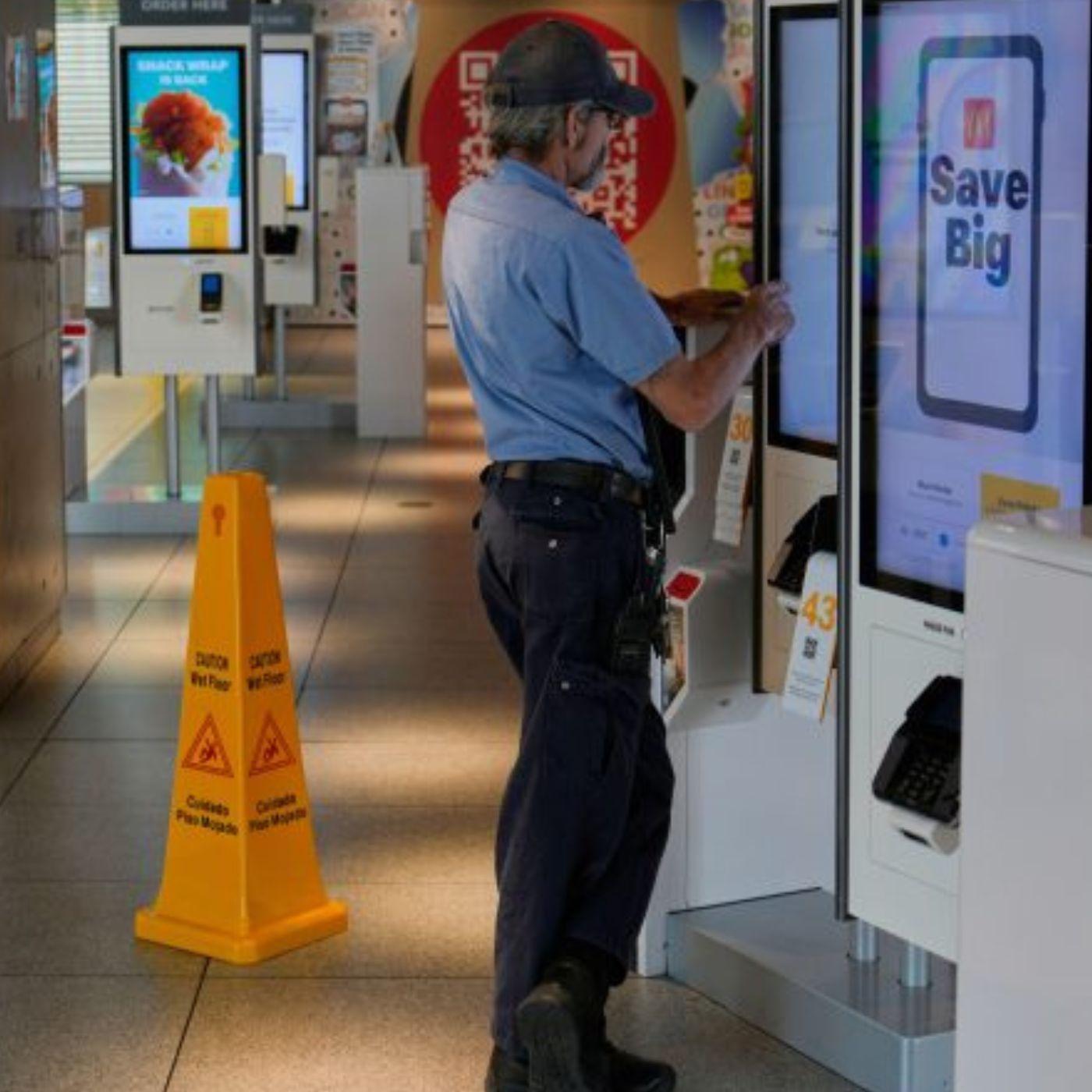
Former director of the FTC’s Bureau of Consumer Protection Samuel A.A. Levine joins host Krys Boyd to discuss how loyalty programs can hurt consumers.

Ross Benjamin joins host Krys Boyd to discuss why being less than fluent in a language affects how we pay attention and learn.

Laila Petrie, director general of the charity Future Earth Lab, joins host Krys Boyd to discuss sustainability in fashion and how fast fashion contributes to climate change.

Ellen Cushing, staff writer for The Atlantic, joins host Krys Boyd to discuss why arguments over daily chores might signal deeper issues in a partnership, why some household appliances have such a hold on us, and, yes, we’ll get to scientific proof of how that dishwasher is really supposed to be loaded.
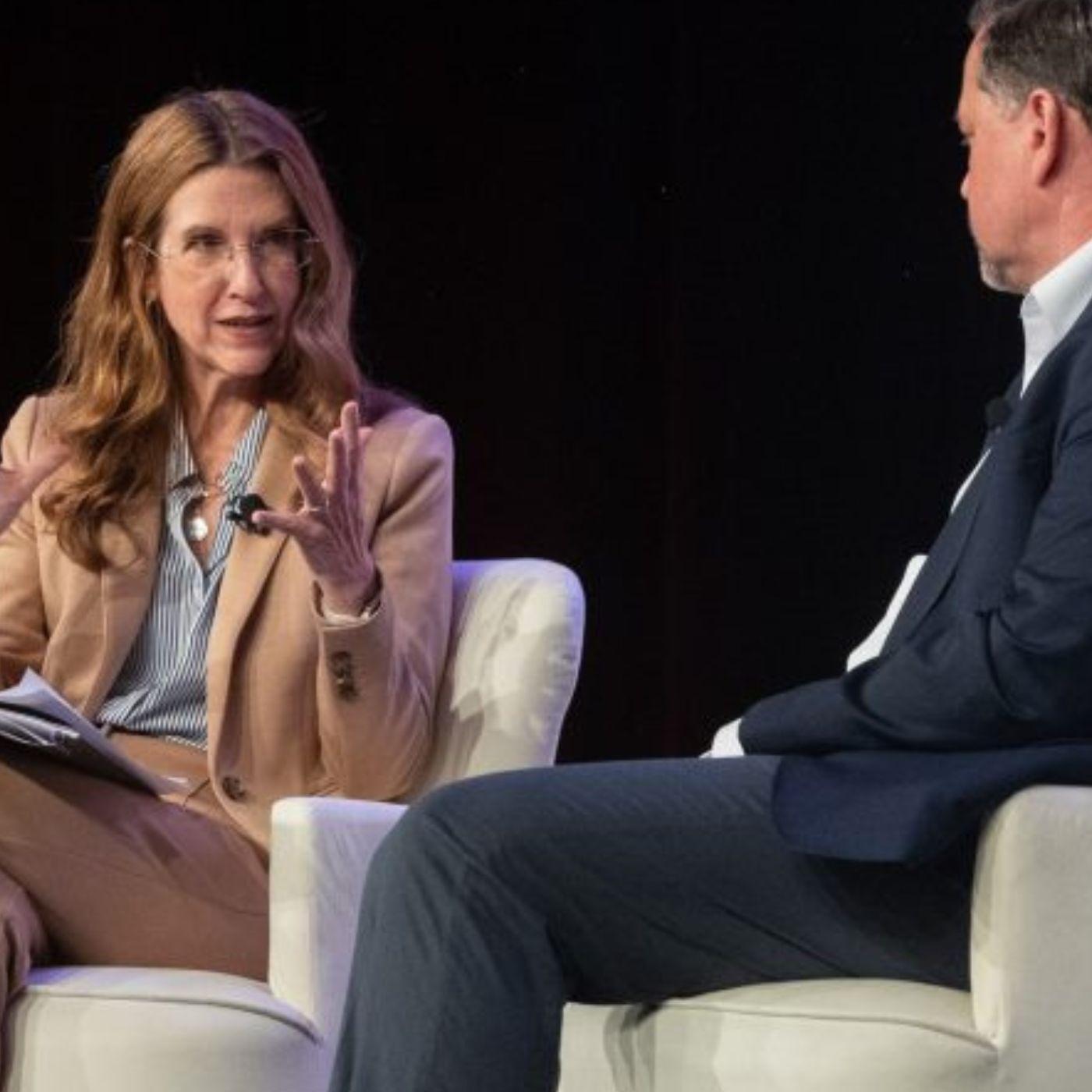
Host Krys Boyd talks with three guests about the role of philanthropy in America.

Jonathan Rosenthal joins host Krys Boyd to discuss why young people are throwing in the towel on finding the perfect partner.

Nate Soares joins host Krys Boyd to discuss what happens when A.I. brain power surpasses what humans are capable of.

Historian Colin Woodard joins host Krys Boyd to discuss why the civics lessons we’re taught about our country are sometimes overridden by regional cultures and how a new national story might bring us together.
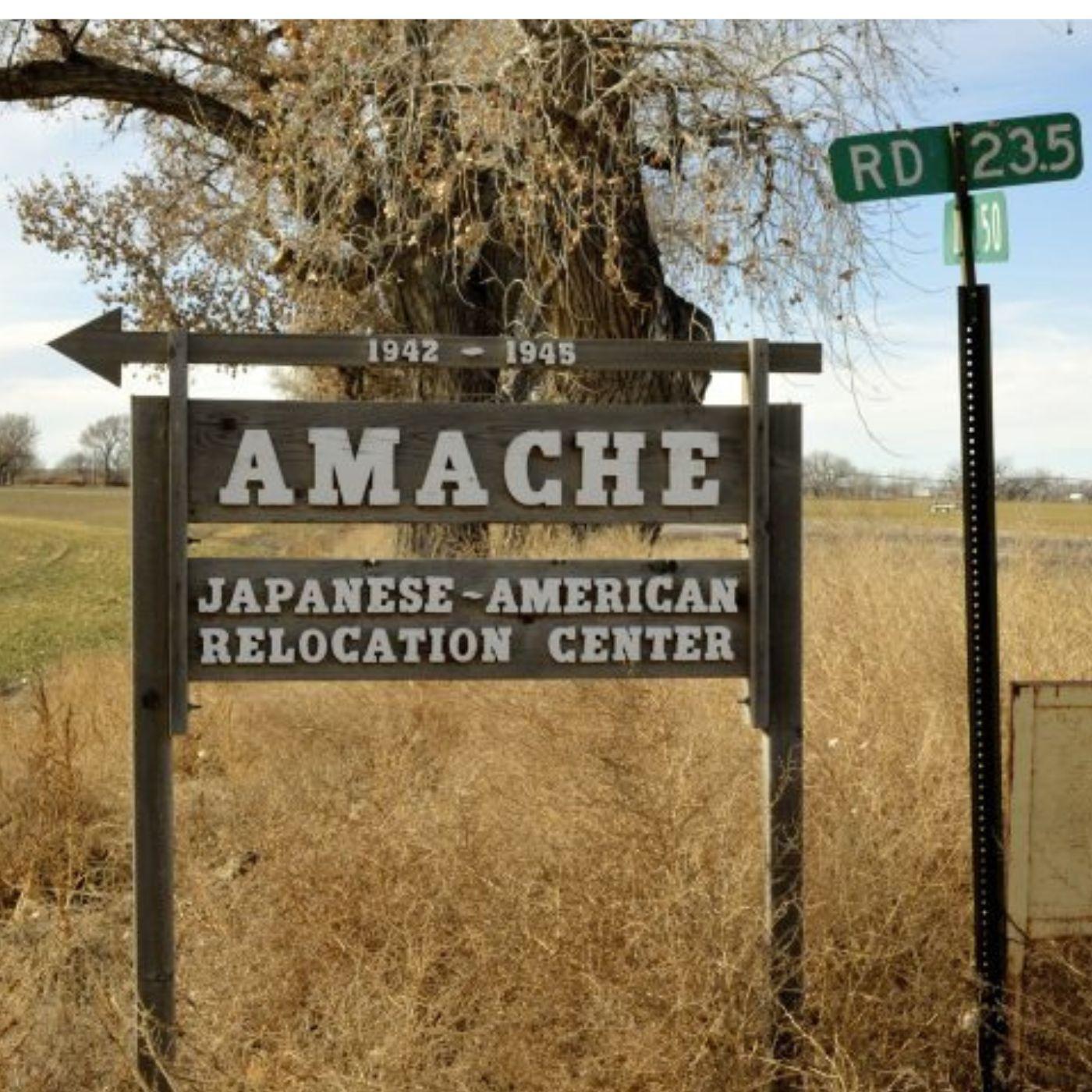
Qian Julie Wang joins host Krys Boyd to discuss how the Alien and Sedition Acts are being used in public policy today.

Matthew Purdy joins host Krys Boyd to discuss why the Trump administration has intentionally created vagaries and how that helps to consolidate presidential power.

Investigative journalist Debbie Cenziper joins host Krys Boyd to discuss how medicines made in overseas labs don’t always meet U.S. safety standards.

Tech reporter Varsha Bansal joins host Krys Boyd to discuss the grueling work of training A.I. to give answers that are fact checked and meet safety guidelines.

Susan Dominus joins host Krys Boyd to discuss why middle-aged women are raving about the benefits of testosterone.

Alice Callahan is a New York Times reporter with a Ph.D. in nutrition, and she joins host Krys Boyd to discuss why our diets became so reliant on foods made in a factory.

James Marriott joins host Krys Boyd to discuss what happens to a society that stops thinking deeply and focuses on the doomscroll.

New Yorker staff writer Adam Gopnik joins host Krys Boyd to discuss the life cycle of the child star.

Irish Times columnist Fintan O’Toole joins host Krys Boyd to discuss the seismic legal and moral shifts that have happened since the Declaration of Independence.

Sara Luterman, the Disability and Aging Reporter for The 19th, joins host Krys Boyd to discuss the so-called “refrigerator moms” of the 1950s.

Journalist Asher Elbein joins host Krys Boyd to discuss how one discovery in Africa is having scientists radically rethinking when life emerged.

Science journalist Adam Becker joins host Krys Boyd to discuss the ways Silicon Valley scions might have A.I. all wrong, the obsession with space colonies and why we aren’t asking more critical questions for their version of the future.

Sönke Johnsen joins host Krys Boyd to discuss the wonders of vertical migration, why sharks must keep swimming to stay alive, and the clues offered to biologists that help piece together the questions of aquatic life evolution.

Writer and critic Grace Byron joins host Krys Boyd to discuss why gun ownership among trans individuals.

Bryan P. Stone joins host Krys Boyd to discuss horror and how it draws on Christian imagery and anxieties.

Natasha Hall joins host Krys Boyd to discuss how President Trump’s strong demands on Israel and Hamas forced both sides to the table, and what happens to any future deals if both sides can’t keep to the terms of the agreement.

Shayna Korol joins host Krys Boyd to discuss a new field of space medicine.

Karen Weise joins host Krys Boyd to discuss how data centers are driving up electricity costs for everyone.

Investigative reporter Craig Whitlock joins host Krys Boyd to discuss the veteran disability claim process.

Suparna Chaudhry joins guest host John McCaa to discuss what happened to the reputation of NGOs.

Patience Fairbrother joins host Krys Boyd to discuss their research into where highly-skilled talent lands.

Author Nicole Chung joins host Krys Boyd to discuss why open adoptions are more complicated than it may look from the outset.

Bioethics expert Travis Rieder joins Krys Boyd to discuss how individuals should consider their approach to climate change.

Former poet laureate Joy Harjo joins host Krys Boyd to discuss her life and upcoming book.

Brian Deese joins guest host John McCaa to discuss how energy hungry A.I. is putting pressure on the grid.

Journalist and “The Great British Bakeoff” finalist Ruby Tandoh joins why everyone is a “foodie” now.

Journalist Umair Irfan joins host Krys Boyd to discuss why climate change is making the mosquitoes population boom.

Author Samanth Subramanian joins host Krys Boyd to discuss how internet access relies on fragile cables running along the bottom of the ocean.

Physician and contributing writer at The New Yorker Dhruv Khullar joins host Krys Boyd to discuss the use of A.I. in medicine.

Matt James, chief animal officer for Colossal Biosciences, joins host Krys Boyd to talk about the company’s success bringing back the dire wolf in what it calls a de-extinction process.

New York Times Magazine staff writer Jonathan Mahler joins host Krys Boyd to discuss how Trump administration efforts to target suspected waste and abuse have shut down vital cancer research.

What we prioritize in our cities impacts how we work, live and play. In this episode, host Krys Boyd talks to three experts about creating a walkable city, how zoning codes are quietly shaping your daily life, and the ways that urban green spaces can promote biodiverse wildlife.

Author Jeff Roche joins host Krys Boyd to discuss how “cowboy conservativism” spread across the nation.

Transportation expert David Zipper joins host Krys Boyd to discuss the benefits and drawbacks of autonomous vehicles.

Jane Goodall died this week at the age of 91. In 2016, she spoke with host Krys Boyd about her life’s work.

Slate staff writer Henry Grabar joins host Krys Boyd to discuss new, pre-fabricated housing options

Joshua Rothman, a staff writer for The New Yorker, joins host Krys Boyd to discuss what happens when we rely on A.I. for culture.

David French, an opinion columnist at The New York Times, joins host Krys Boyd to discuss the over-parenting of Gen X .

Lindsey Stewart joins host Krys Boyd to discuss the medicine that stemmed from African traditions that was often more trusted than white doctors’ advice, how this magic was passed down through generations, and how it endures today.